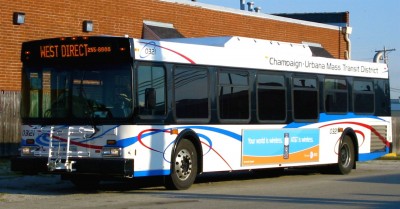I’m generally unimpressed with Krysten Sinema, whose failure to support Democratic initiatives has generally been harmful. However, I kinda like the tax changes she’s forced into the climate package.
Fundamentally, I like dividends and I hate stock buybacks. So a tax on stock buybacks—even a small one—makes things better.
Now, most economists would have you believe that the two are equivalent. This is false.
Economists can gin up a model that suggests that owning a slightly larger share of a slightly smaller company is “equivalent” to getting paid a share of the company’s profits. Or that getting cashed out completely (by taking the buyback), and then finding a place to invest almost all of that cash in some new company is somehow equivalent. I don’t think either of those things is true even in an economic sense, but I think both are clearly false in a larger societal sense.

The way things used to work was that a company earned a profit, reinvested an appropriate amount of that profit in growing the business, and then paid out the balance to shareholders to do with as they pleased. (They could reinvest the money by buying more stock, they could spend it on luxuries—or necessities, they could invest it in some other company, they could donate it to charity—the possibilities are literally endless.)
This situation produces a sort of virtuous circle. A company that earns a reliable profit—and shares it with its stockholders—becomes more valuable, because people will pay more for a company that pays a reliable dividend. It’s good for the owners (their stock is worth more), it’s good for the employees (both line workers and managers), it’s good for the community (a profitable company pays taxes, their employees have money to spend, their shareholders have money to spend, etc.).
The non-dividend situation lacks all these dynamics. Instead of wanting to produce a profit, the company has all sorts of weird incentives—to maximize “growth” or “revenue” or “earnings” according to whatever weird metric appeals to Wall Street that week. Owners don’t get cash that they can spend. Instead they get the option to cash out at random intervals. The weird incentive structure encourages companies to make weird decisions regarding investing in growth (or dumping cash into buybacks). Shareholders who would otherwise be living on dividends are constantly having to make difficult decisions about selling small amounts of shares in this or that company for money to live on.
Maybe there’s some technical economic sense in which buybacks and dividends are equivalent, but they are very much not equivalent in a societal sense, producing very different results for ordinary investors and their communities.
The only reason any ordinary person would think a stock buyback was even close to equivalent is because capital gains have been tax-advantaged over dividends. So, something that reduces that tax advantage is all to the good.
Details: Krysten Sinema Agrees to Climate and Tax Deal – The New York Times

 Do municipal taxes bring in enough money to maintain our urban and suburban infrastructure? In the densest urban areas, probably yes. Otherwise, generally no.
Do municipal taxes bring in enough money to maintain our urban and suburban infrastructure? In the densest urban areas, probably yes. Otherwise, generally no.


